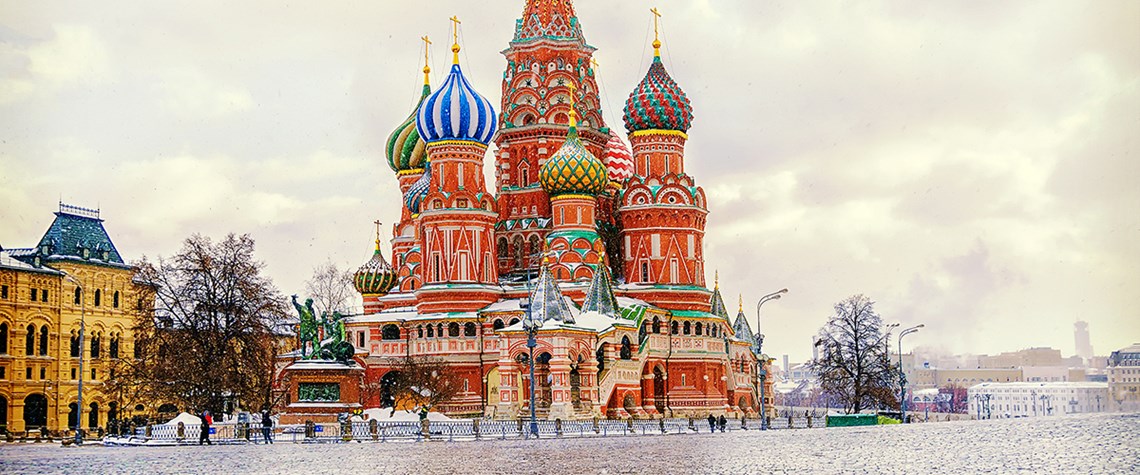23 January 2018
Opec's new partner
Russian producers grudgingly adhered to the cuts and a stronger oil price helped perk up the economy
Russia made some unusual strides in its energy strategy in 2017. After agreeing to the supply pact with Opec at the end of 2016, it came good—surprising some—on its pledge to cut 300,000 barrels a day of output. Then, as the year moved on, its relationship with Saudi Arabia deepened further, becoming a broad investment and geopolitical alliance. The unorthodoxy wasn't to everyone's taste: many of Russia's own energy majors bristled at the Opec cuts, which forced them to shelve a number of greenfield projects in Siberia. By October, after the Saudi king's visit to Moscow and deals between the countries worth $3bn were agreed, it seemed the producers would have to get used to the new state of

Also in this section
18 February 2026
With Texas LNG approaching financial close, Alaska LNG advancing towards a phased buildout and Magnolia LNG positioned for future optionality, Glenfarne CEO Brendan Duval says the coming year will demonstrate how the company’s more focused, owner-operator approach is reshaping LNG infrastructure development in the North America
18 February 2026
The global gas industry is no longer on the backfoot, hesitantly justifying the value of its product, but has greater confidence in gas remaining a core part of the global energy mix for decades
18 February 2026
With marketable supply unlikely to grow significantly and limited scope for pipeline imports, Brazil is expected to continue relying on LNG to cover supply shortfalls, Ieda Gomes, senior adviser of Brazilian thinktank FGV Energia,
tells Petroleum Economist
17 February 2026
The 25th WPC Energy Congress, taking place in Riyadh, Saudi Arabia from 26–30 April 2026, will bring together leaders from the political, industrial, financial and technology sectors under the unifying theme “Pathways to an Energy Future for All”







